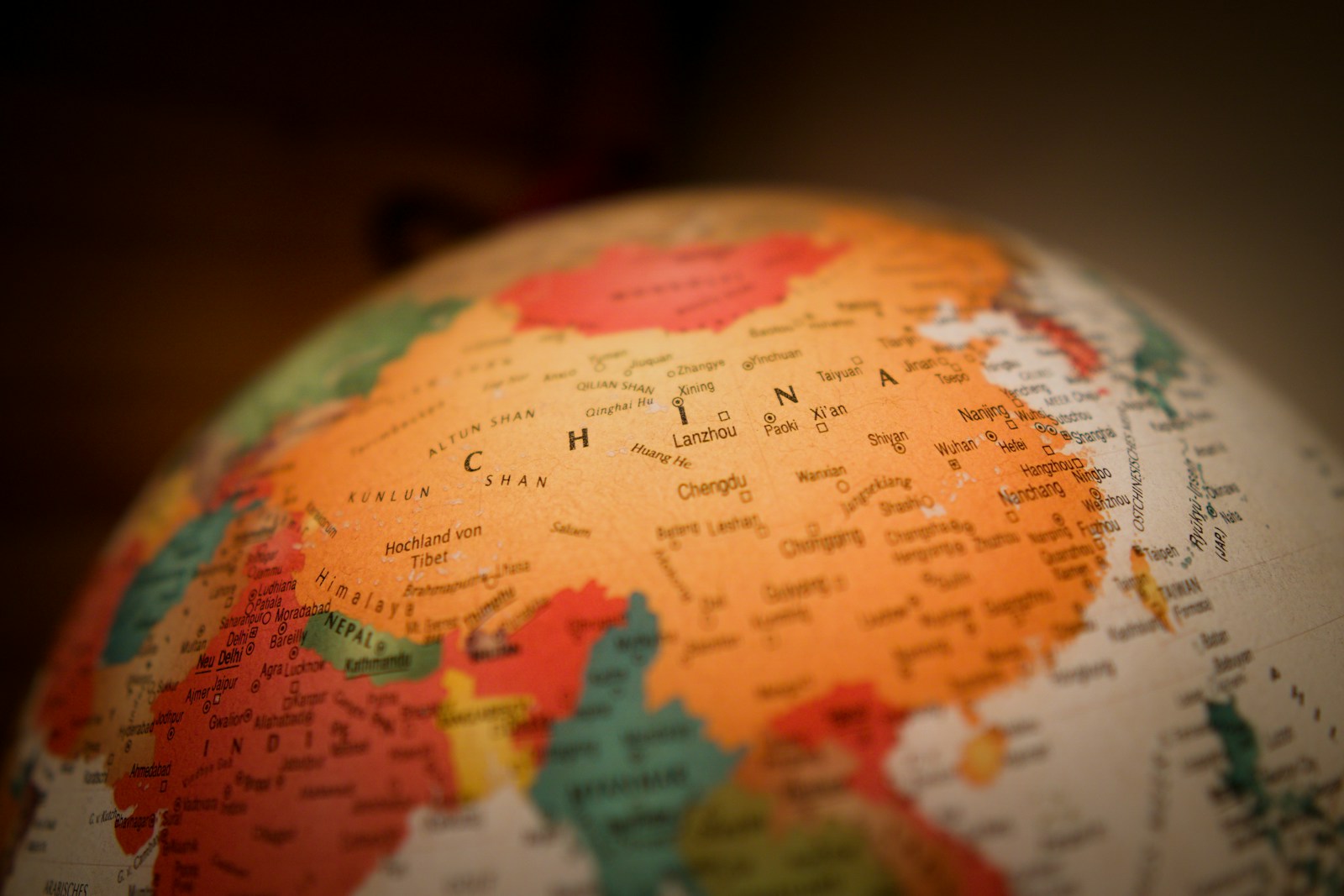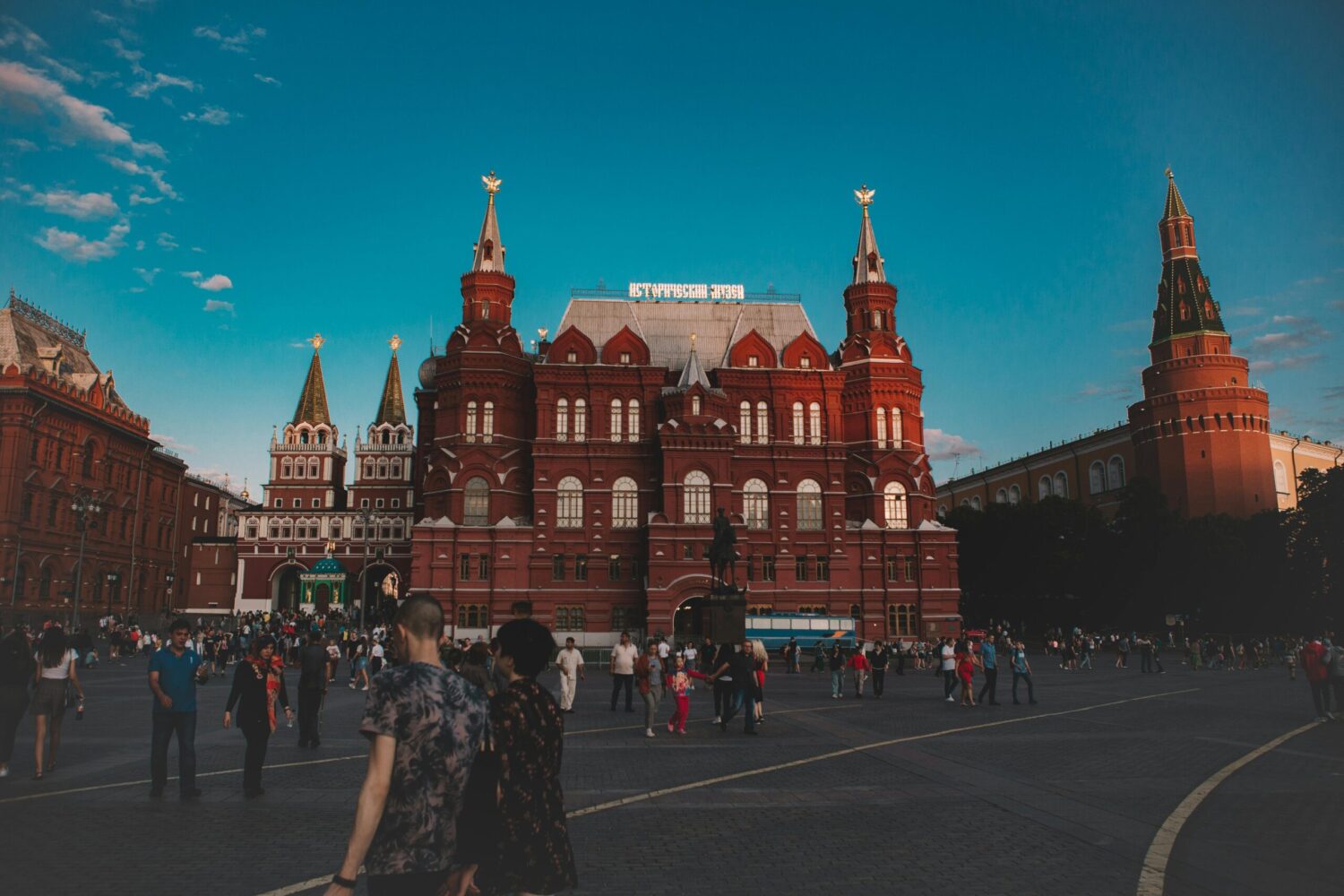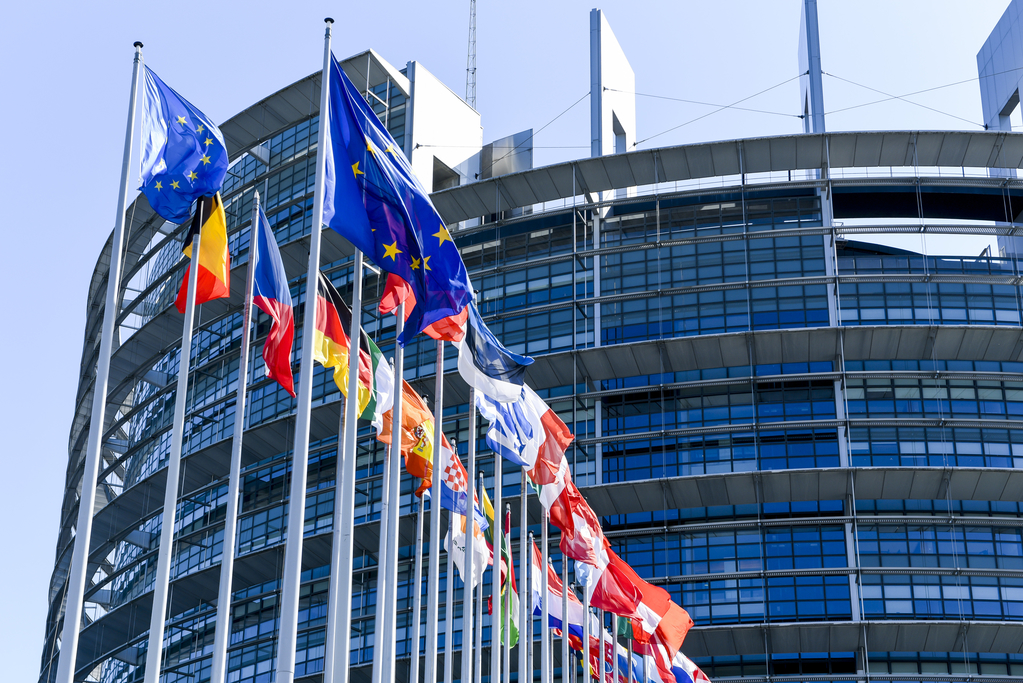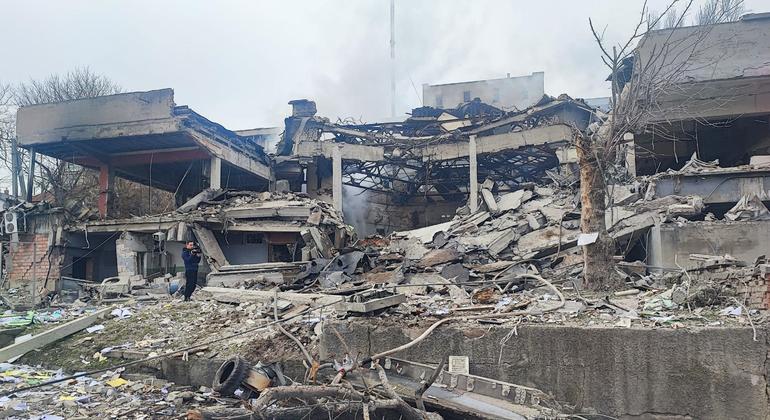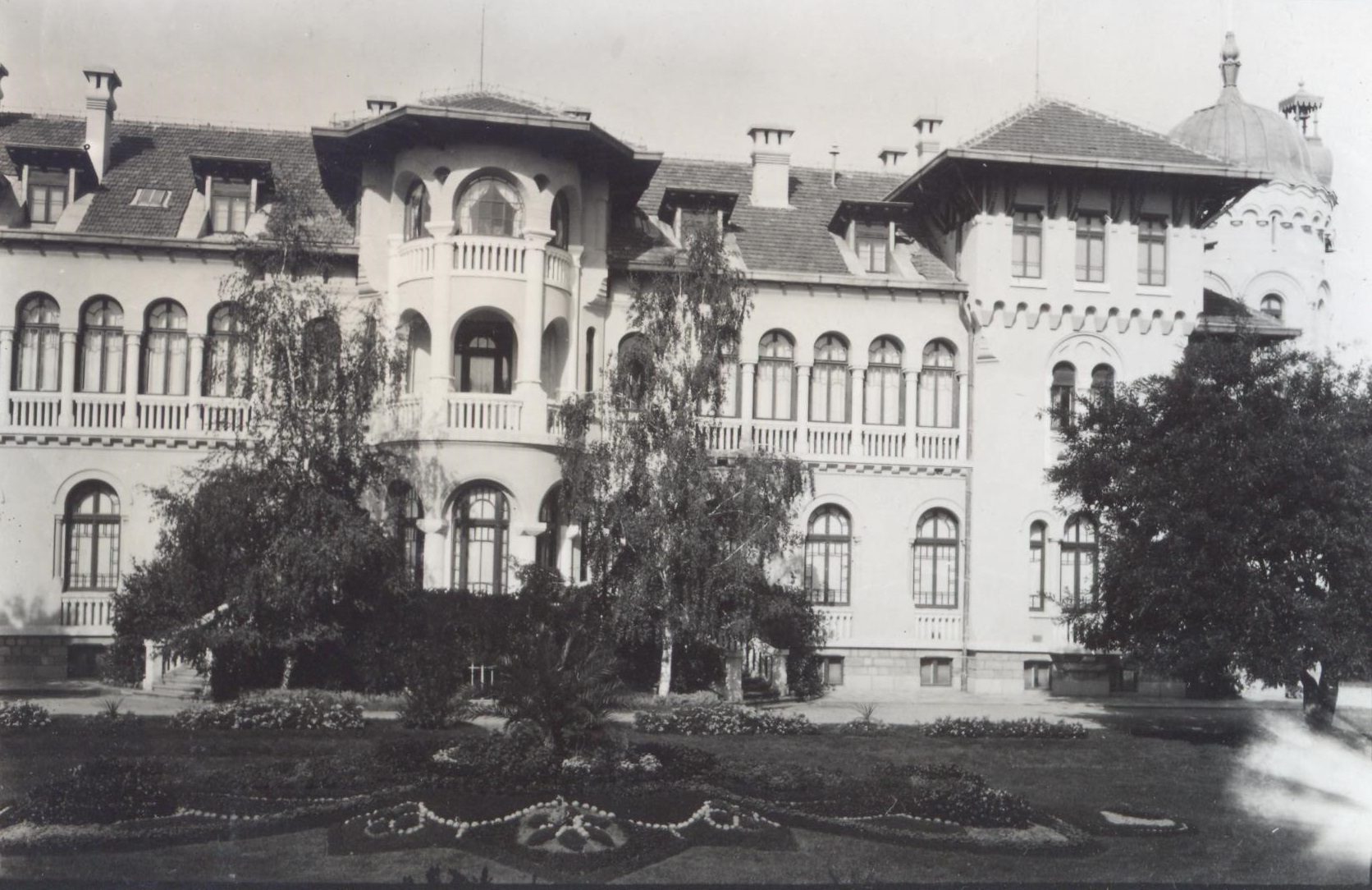Brussels, Pressrelease through BXL-Media – Rwanda, once known for its history of ethnic violence is currently undergoing a remarkable transformation towards a peaceful future. This positive change is being led by Ladislas Yassin Nkundabanyanga, an educator and human rights activist who is deeply committed to creating a better world for future generations. Nkundabanyanga has joined forces with Youth for Human Rights an initiative supported by the Church of Scientology to champion this cause.
The story of Nkundabanyanga is intertwined with the events of the past. He was born in 1974 in the Democratic Republic of the Congo. Later moved to Rwanda in 1980. During his time in school, he witnessed firsthand the ethnic violence that erupted. The devastating loss of his friends during the genocide against Tutsis motivated him to dedicate his life to educating people about their rights.
In 2004 while working as a teacher Nkundabanyanga established a nonprofit organization called Rwanda Youth Clubs for Peace. This organization focuses on promoting peacebuilding, tolerance and conflict resolution. One notable initiative they undertake is the Football for Peace Tournament. However, Nkundabanyanga understands that education plays a role, in preventing future genocides.
Working in collaboration with Youth for Human Rights Nkundabanyanga had access to a range of educational resources such as booklets, audiovisual materials, banners, posters, clothing items like shirts and caps as well as a comprehensive package for educators. During his training sessions with children, he witnessed changes in their attitudes and behaviours. He emphasized the importance of not only teaching young people to think independently and differentiate right from wrong but also encouraging them to actively apply these principles.
Working to create a legacy of Empowerment, a beacon of change, this initiative has had an impact on schools. According to Nkundabanyanga students and teachers have reported improvements in discipline and school attendance following their visits. Moreover, they have extended their efforts beyond the classroom by advocating for children’s right to education in alignment with Article 26 of the Universal Declaration of Human Rights. Encouragingly their progress is evident as several disadvantaged children have successfully returned to school.
Above all else Nkundabanyanga believes that instilling a comprehension of human rights, in children will be his enduring legacy. By empowering people to understand and uphold these rights he envisions a future where the social madness that fuels ethnic violence and genocide becomes obsolete.
Promoting Human Rights Education
United for Human Rights with support from the Church of Scientology is driven by the perspective of L. Ron Hubbard, the founder of Scientology: “Human rights must be made a fact, not an idealistic dream.” Operating as one of the world’s comprehensive initiatives focused on educating people about human rights this program offers educational resources in 17 languages. It includes an online course that delves into the background, history and significance of the Universal Declaration of Human Rights (UDHR) and its 30 articles.
Through programming on the Scientology Network, viewers can access documentaries exploring human rights history as well as public service announcements highlighting each of the 30 articles in UDHR. The original series “Voices for Humanity” further emphasizes our dedication to fostering change through human rights education.
As we witness Nkundabanyanga’s work and collaboration with Youth for Human Rights the Scientology Network echoes its call for a comprehensive implementation of UDHR worldwide. We aim to transform rights into an attainable reality, on a global scale.
Code: BXL202401251159





